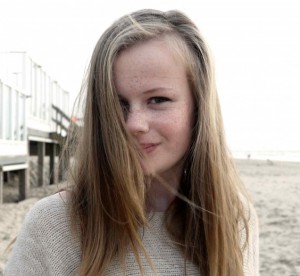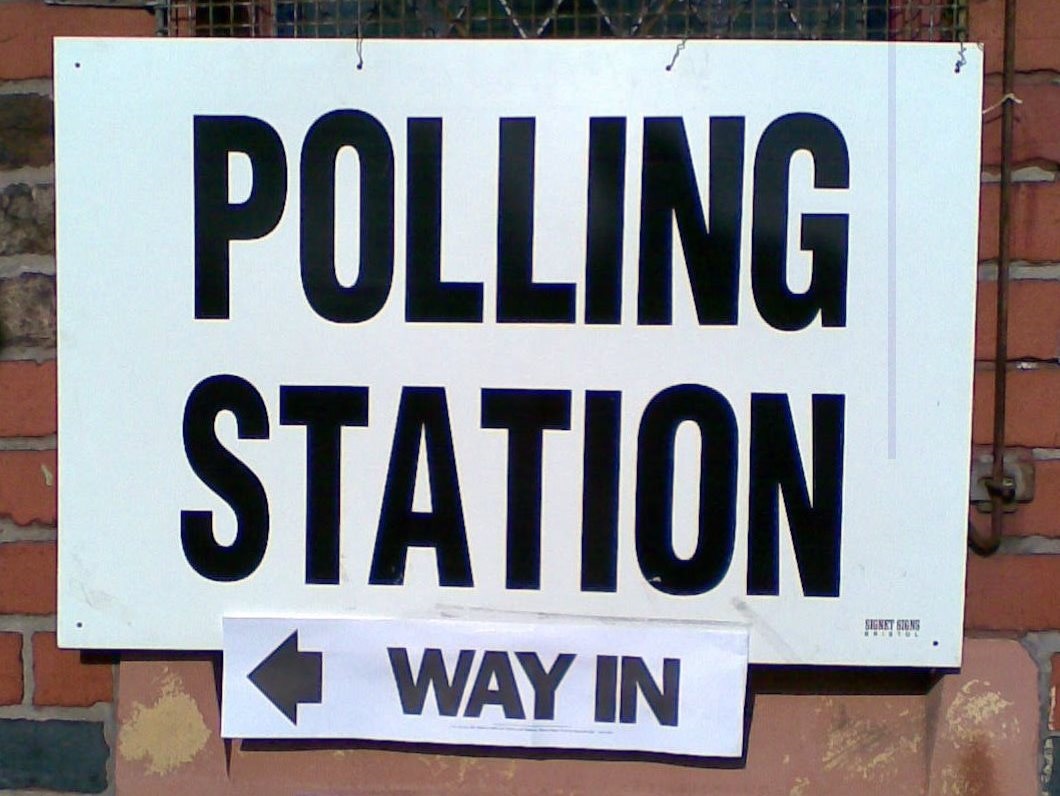
The EU has done a lot for young people: we can move freely (well, quite freely!) to live, work and study in the country of our choice, we are the most mobile generation than any that came before us. Yes, times are tough for us: youth unemployment within the EU is still staggeringly high and this needs to be tackled, but there are some mechanisms in place for this such as the Youth Guarantee, which we at the European Youth Forum fought for sometime. Things can and should though be improved for young people in Europe. That is why it is so vital that young people speak up and have their voices heard!
But only 27.8% of young people voted in that the last European elections. By not voting young people are counting themselves out of having a say in the issues that affect them and, even worse, by not making our point of view clear, politicians do not target us and therefore do not make policies to help win our vote. It is a vicious circle! That is why, in 2013, a year ahead on the European elections, we launched the League of Young Voters in Europe. The aim was both to encourage young people to vote – to explain why it is important for them to do so and to help them to navigate the rather complicated landscape of EU politics with easy to use online tools. The aim was also to raise up their concerns to those in power. Leagues were set up in pretty much all EU member states by the Youth Forum’s member organisations and many of these have gone from strength to strength: the British Youth Council, for example, had a very vocal and high profile campaign in the run up to the UK general elections this month. And the number of young people that cast their ballot in the British elections stood at 58%, significantly up from the election before (44% in 2010).
Beyond encouraging and educating young people about voting, we also want the voting age to be lowered across Europe to allow 16 and 17 year olds to vote. We feel that by empowering young people earlier on and granting them the democratic right to vote, they would become more engaged and excited about the whole process and would continue to vote as they grow older. There have been some recent examples which show that by giving young people this power, they take it seriously and turn out at the ballot box in very large numbers! In the Scottish referendum, for example, 16 and 17 year-olds came out in force to make sure that their view was taken into account. This shows that if an issue is important enough, if it matters to young people, then they do vote. This must not, though, happen in a vacuum and we would like to see civic education about democracy and voting to be compulsory as part of young people’s education.
What is very clear from our work in encouraging youth participation is that young people are indeed interested in politics and in the decisions that affect them, but that many of them are engaging in non-traditional forms or outside of the current system. If the traditional media are not keen to hear the youth voice, then young people are turning to social media where they are running viral campaigns to get the word out there about the issues that matter to them! If the system does not take them into account then young people are taking action outside of the system!
That is why this year, the European Youth Forum is launching YouthUP, an open-source campaign aiming to empower and bring together all initiatives for better youth political participation across Europe. We will be looking for young people, partners and activists to build together resources and campaigns to help young people join democracy and political life in the way that they should be able to. This will become a resource for all young people in Europe to use and build on and with which the Youth Forum can help their voice be heard! To become part of this movement, sign up on the website.
About the author:

Johanna Nyman (25) is the President of the European Youth Forum. Johanna lives in Helsinki where she studies environmental change and politics at Helsinki University.
Johanna has a long background in youth organizations. She joined the scouts at the age of twelve and held various positions within the Scouts and Guides of Finland. She was an activist in the school student movement, and acted as Vice-Chair of the Swedish-Speaking School Student Union of Finland. In 2013-2014 she was a board member of the YFJ.

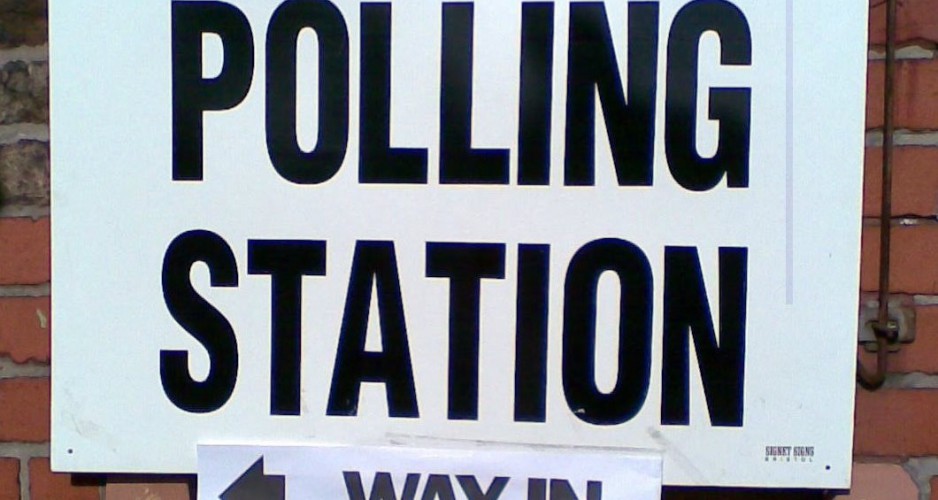
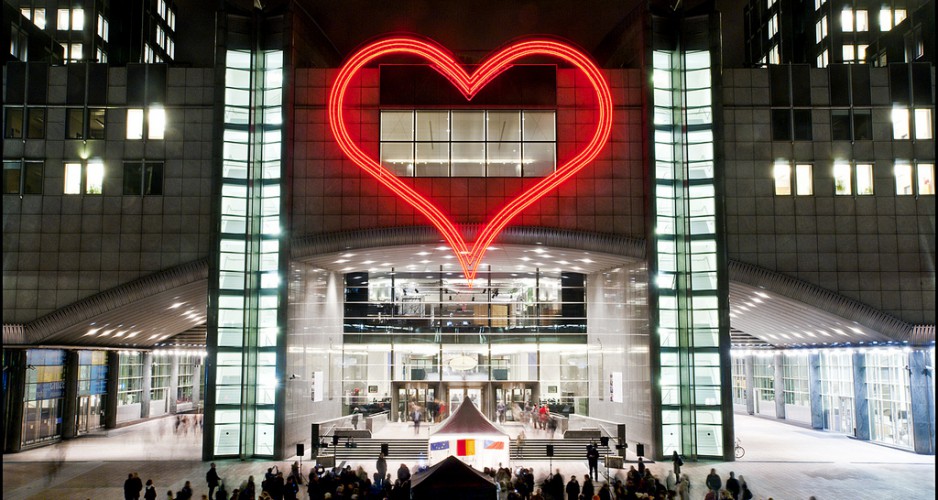
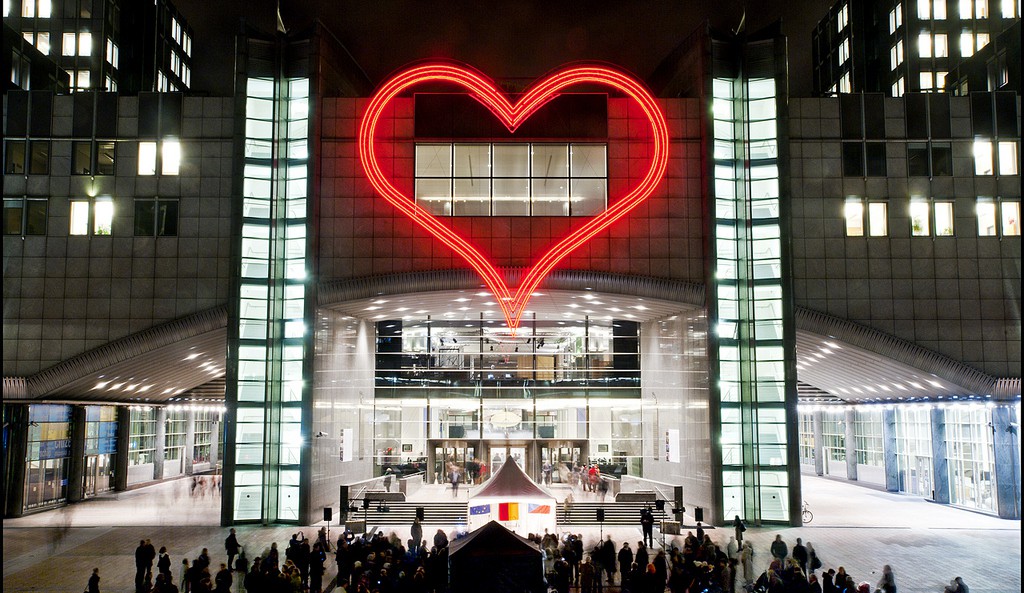


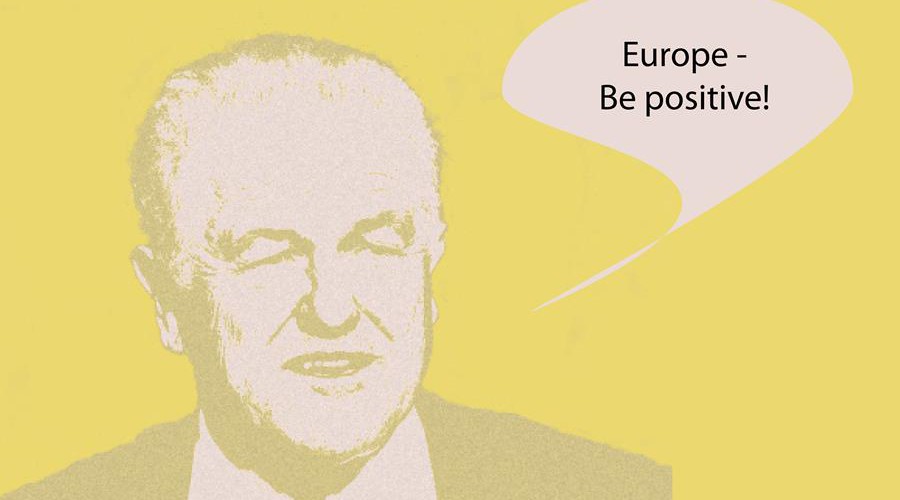
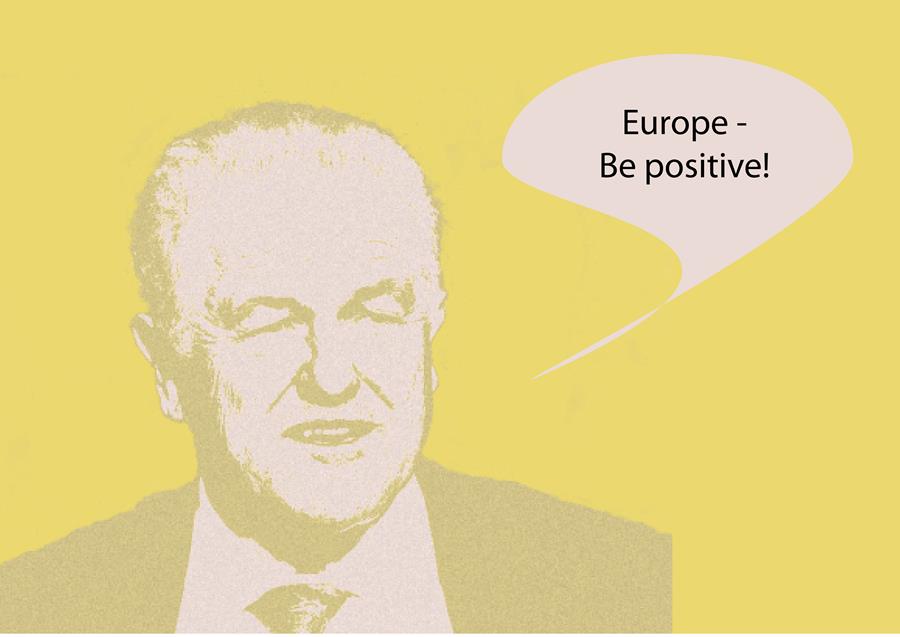
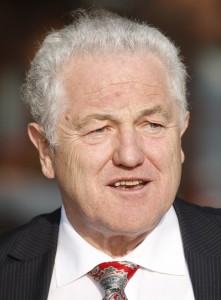
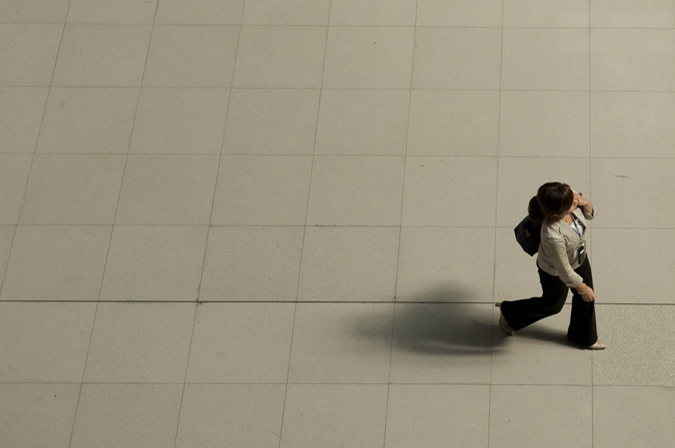
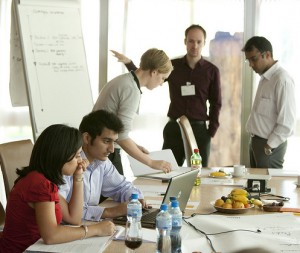
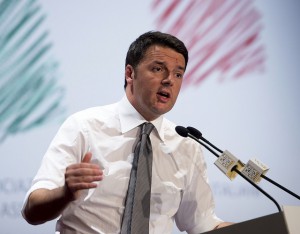
 lessandra
lessandra

